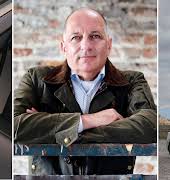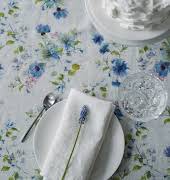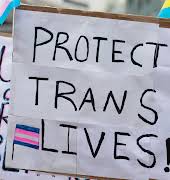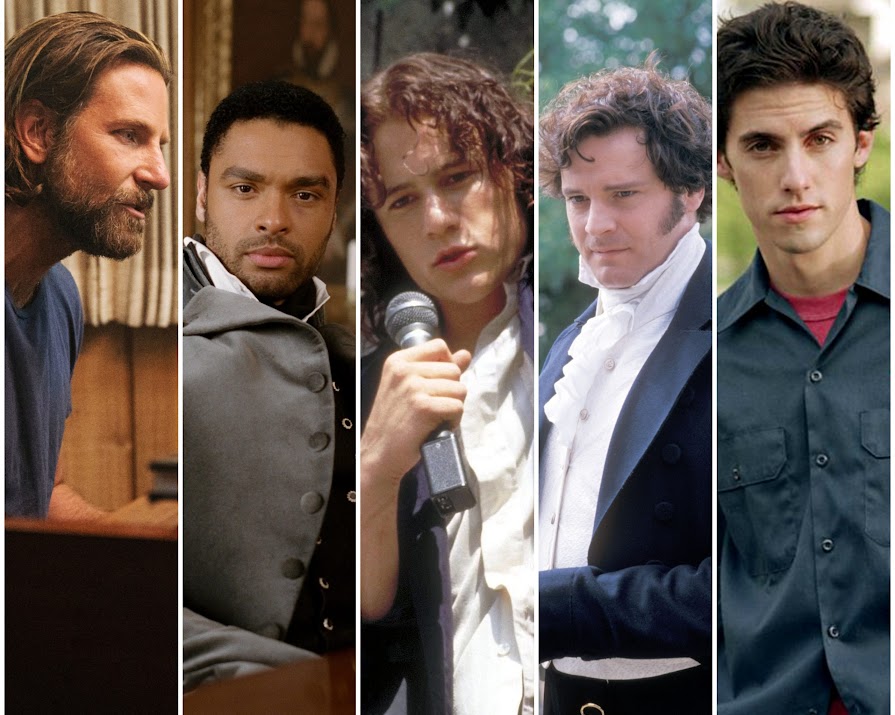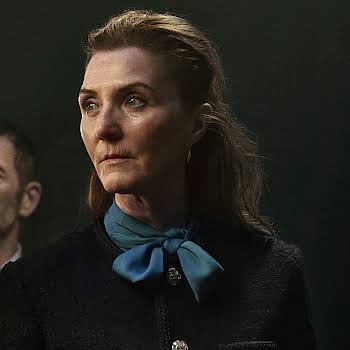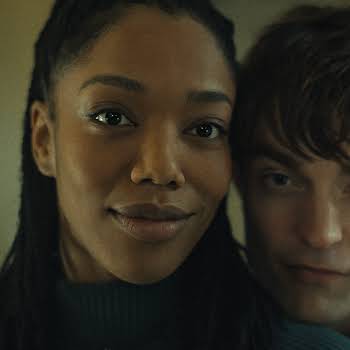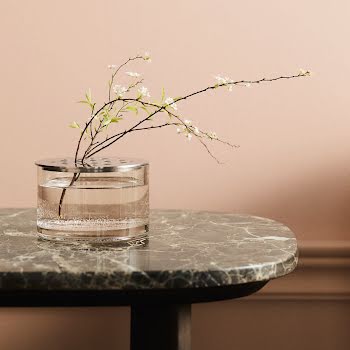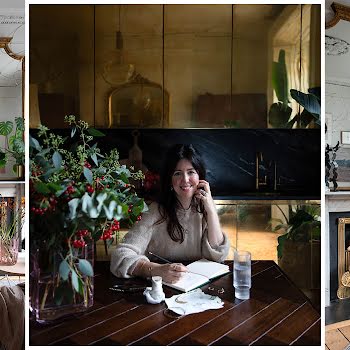The Grumpy/Sunshine trope: Why do we love the men who hate everyone but us?
By Lauren Heskin
22nd Nov 2023
22nd Nov 2023
Jess in Gilmore Girls, Darcy in Pride & Prejudice, Patrick Verona in 10 Things I Hate About You. Grumpy men are peppered through all our favourite on-screen romances.
So I, like the rest of the world, binged Bridgerton in one sitting and, like the rest of the world, suitably swooned over the Duke of Hastings. There’s a reason it had the highest viewing in Netflix history. The costumes are dreamy, the men are gorgeous and the plot is juicy if a little stereotypical. But this is Shonda Rhimes, after all, we know what we’re in for.
While discussing the Duke with a friend, she made a passing comment about how “we love the trope of a grouchy man who hates everyone but the love interest”.
The grumpy man trope
And it blew. My. Mind.
Because we do! Think about it: Jess Mariano in Gilmore Girls, John Bender in The Breakfast Club, Darcy in Pride & Prejudice, Jackson Maine in A Star Is Born, the good-looking Australian lad in The Kissing Booth. Patrick Verona in 10 Things I Hate About You!
As an aside, I just realised I have listed off at least three of my desert islands watches there. Maybe I have a type?
It’s not quite the same as the bad boy cliché, although it’s undoubtedly knitted through some of the aforementioned characters. It’s a grumpiness, a disdain for or disinterest in the entire world, a pridefulness even.
Only one woman could see their bright spots, can experience their warmth and affection. We don’t pity them and yet their understanding of one character helps us to forgive their attitude or rejection of others. That their excessive affection towards the female lead excuses everything. Looking at it from this vantage point, it seems… a little toxic?
Bridgerton
Let’s take the Duke of Hastings (spoilers ahead).
I’m not saying he’s a prime candidate for this – I reckon Fitzwilliam Darcy of Pemberley might the genesis and therefore the archetype of the trope – the Duke is merely the one I’ve watched most recently.
We know that he has made a decision to never take a wife or have children because of his upbringing – fair enough. But it seems he avoids all company completely, disappearing for months on end and doesn’t even stay in contact with his mother’s best friend and the woman who basically raised him. A little harsh.
Even if he doesn’t want to marry, he views all women with a level of disdain, assuming all mothers want him to marry their daughters and all their daughters want to marry him. He more or less proves that on his first meeting with Daphne, assuming she orchestrated their meeting in order to win his affections.
me: i hate clichés
author: the grumpy one is soft for the sunshine one
me: *sobs* omg the grumpy one is soft for the sunshine one
— cam ? (@camsensual_) July 30, 2019
I’ve had a roam around the internet in search of a specific term and the closest I can get is the “burnt marshmallow” (crispy and bitter on the outside, but ends up being soft and warm on the inside) and the “troubled but cute” tropes.
But why do we love them so? Is it because we like the idea of a project? Or the idea of a soulmate, that only one person who can bring out the best in us? Or is it because to be wanted is not enough, we want our love interest to actively reject everyone else too?
I haven’t quite probed the depths of these questions yet but now I won’t be able to pick up Austen without considering it.


